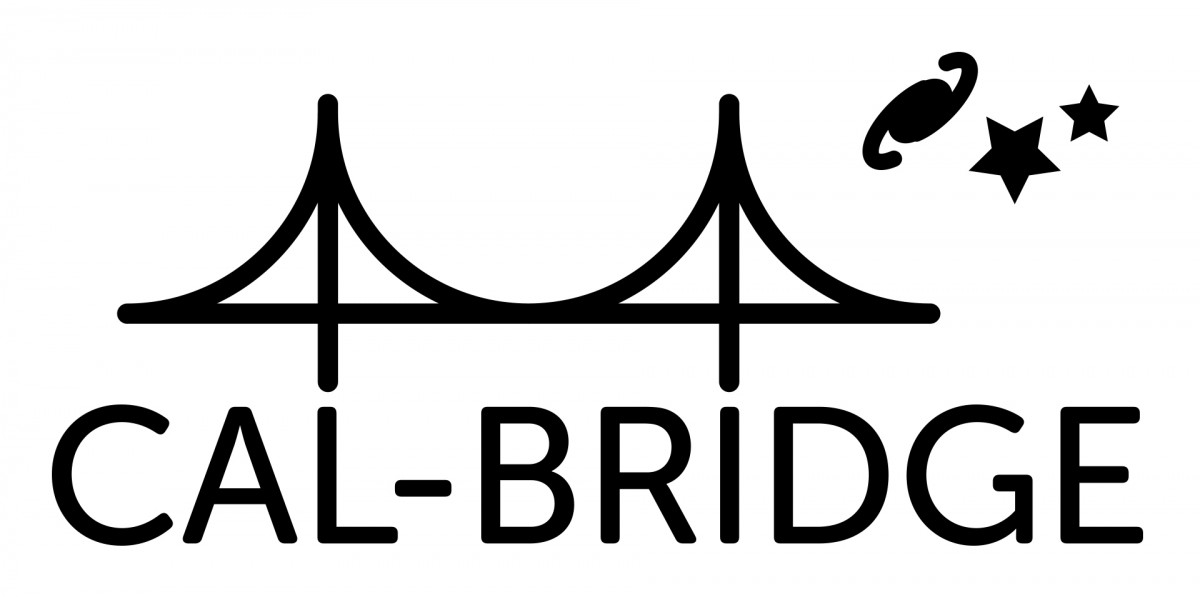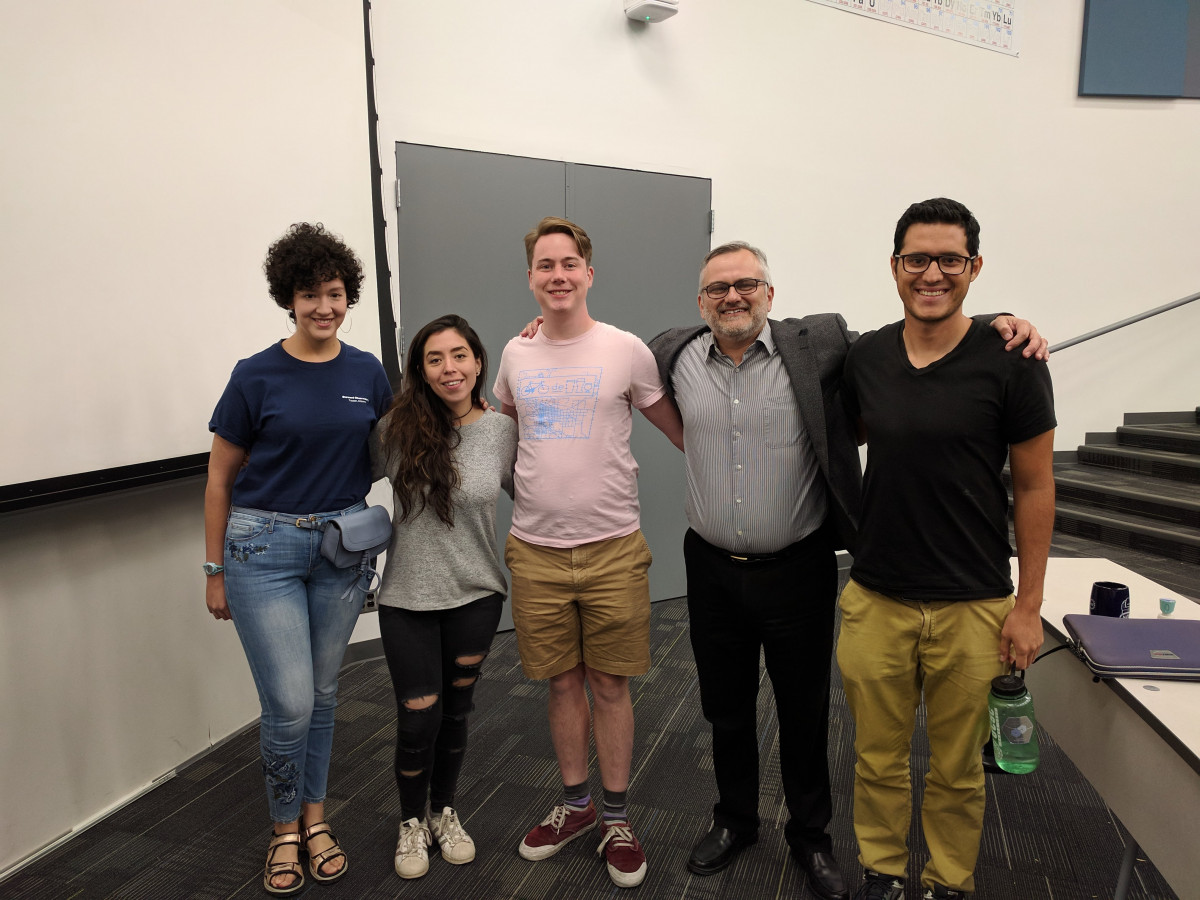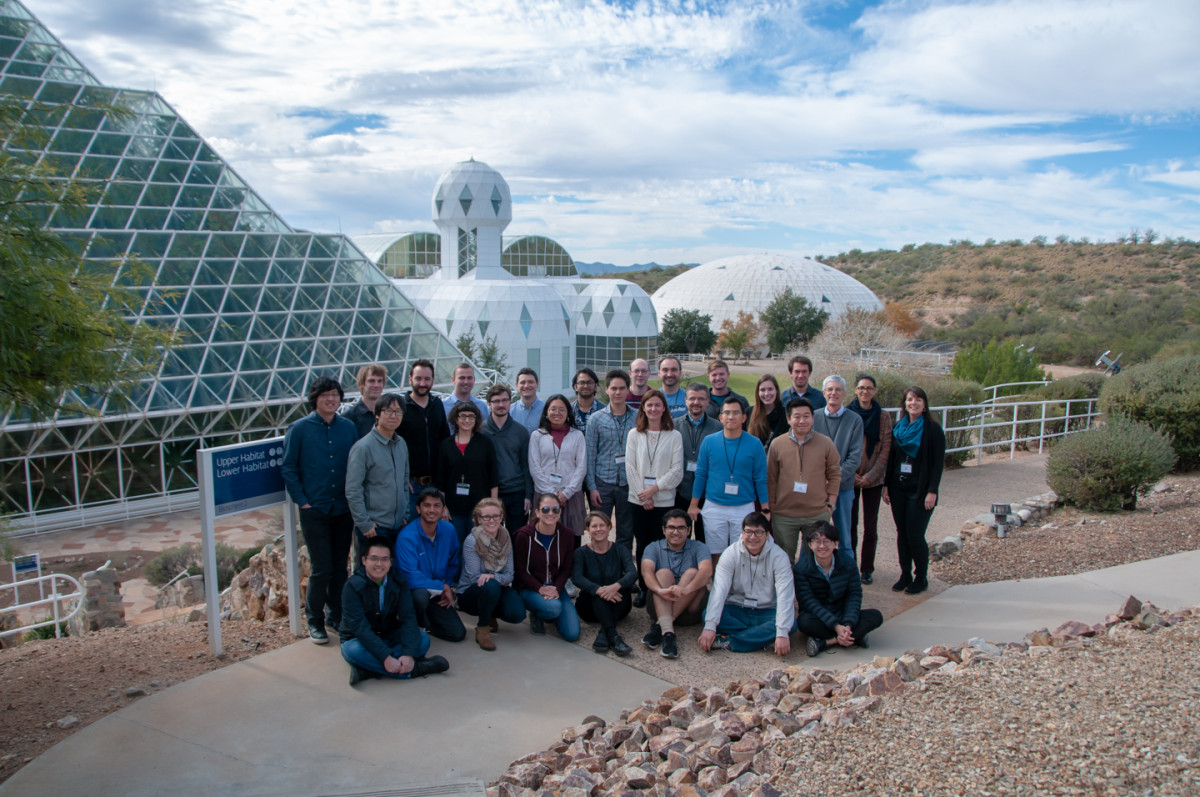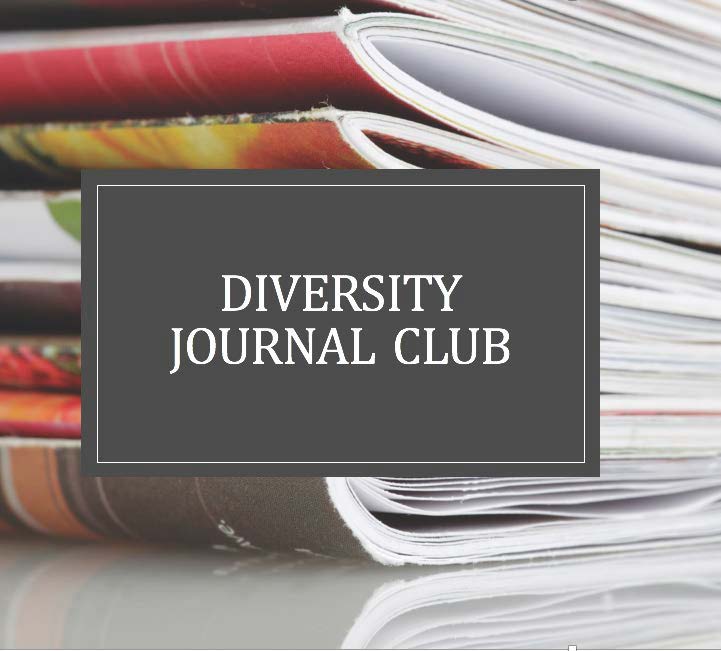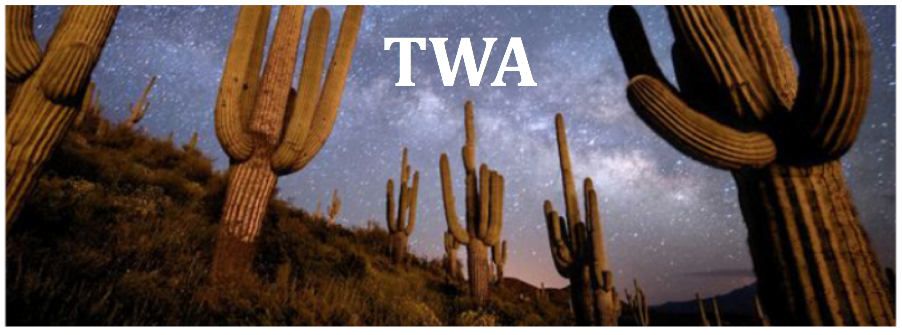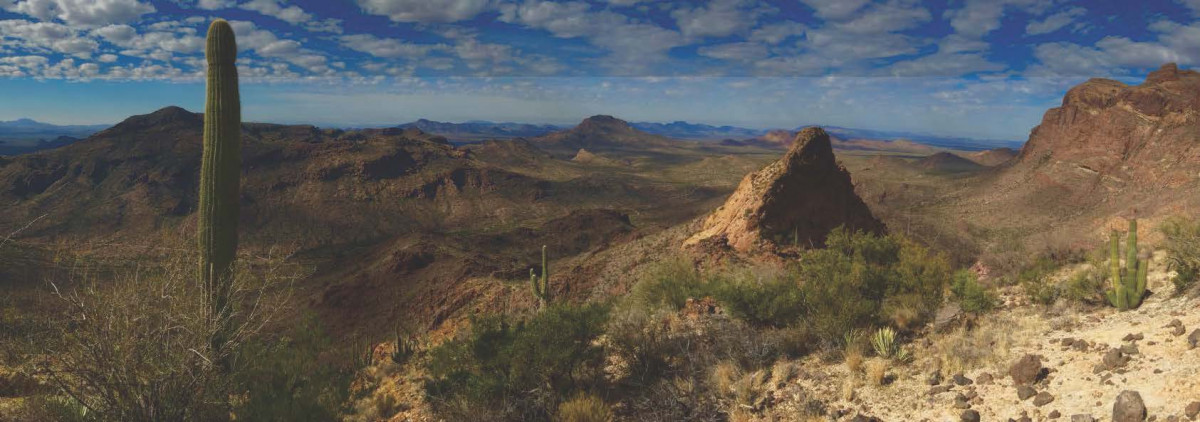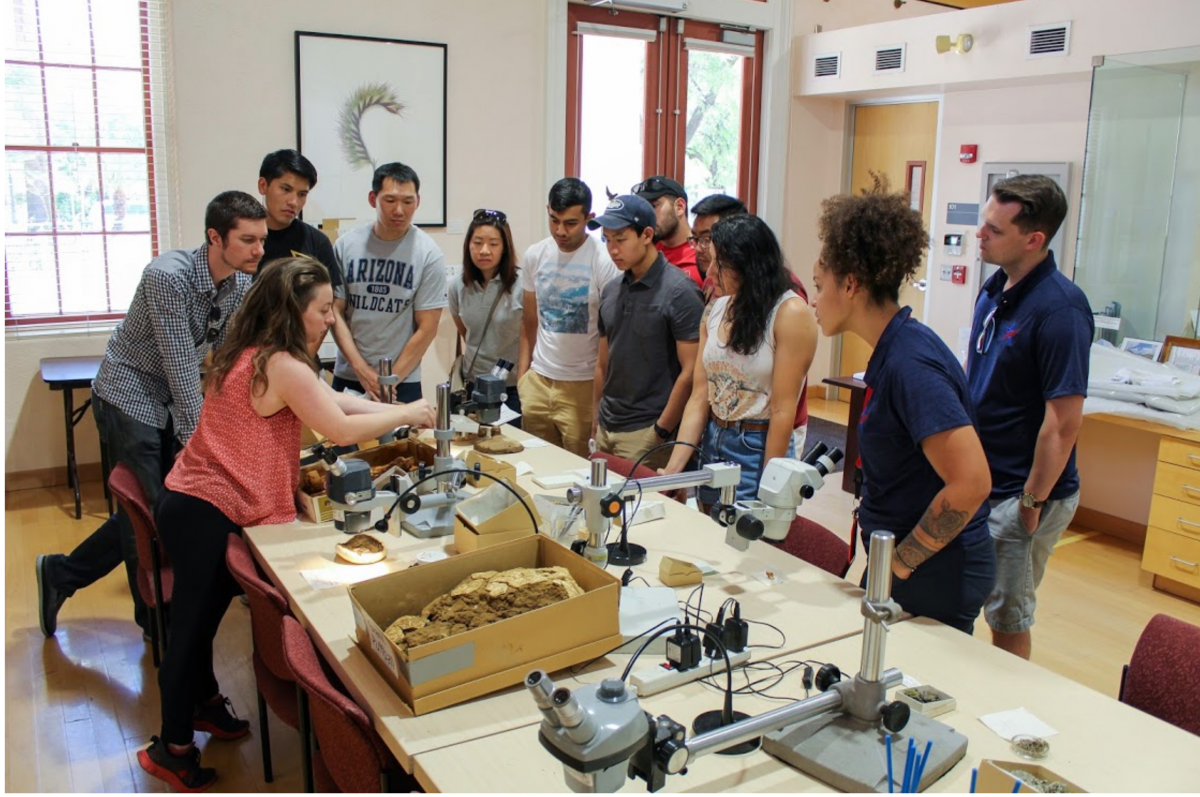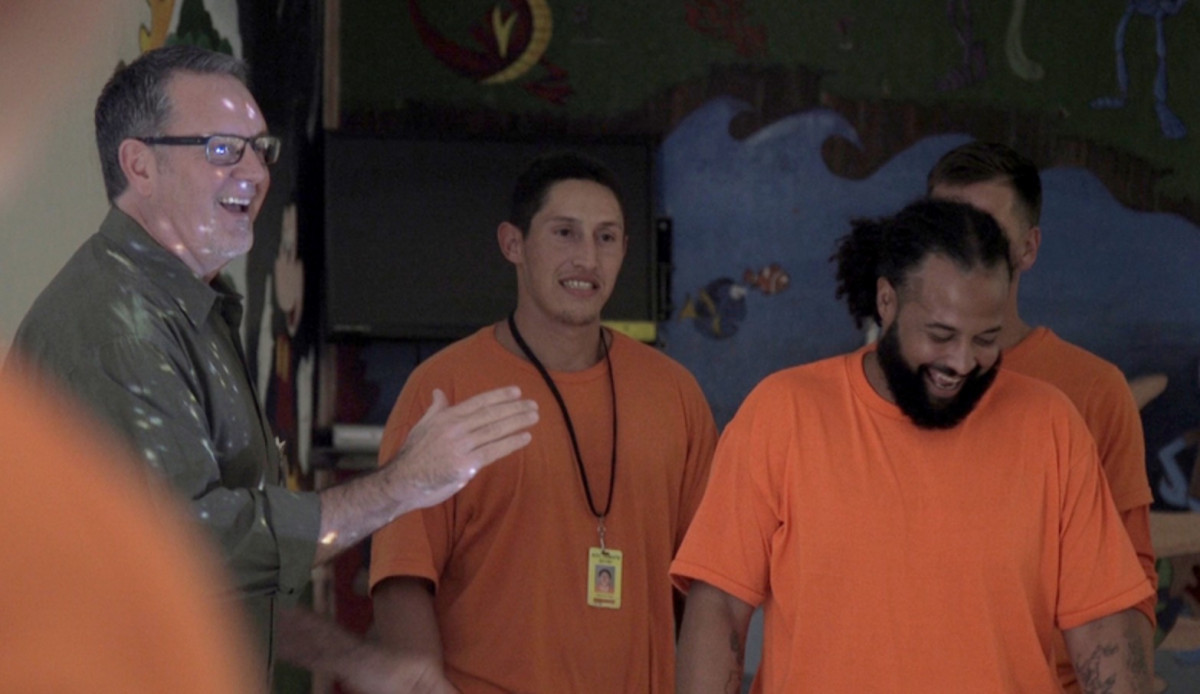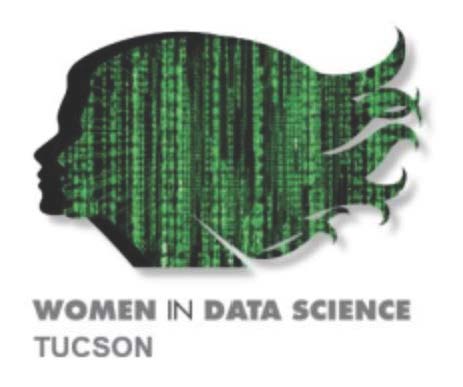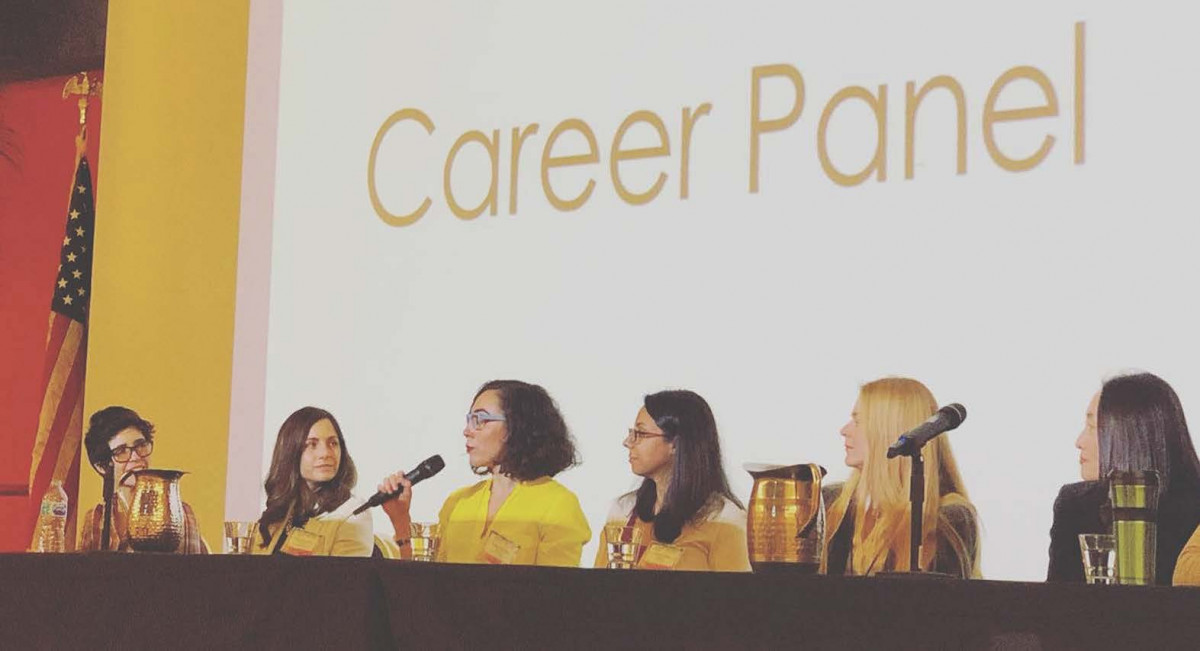Diversity & Inclusion
At Steward Observatory and the Department of Astronomy, we strongly believe that diversity and inclusion are essential to achieving our goals of excellence in both research and academics. Every member of our community has a role in building and sustaining inclusive working and learning environments at all levels. As such, we are spearheading a large number of initiatives to build such environments:
The Steward Observatory Diversity and Inclusiveness Committee is comprised of representatives from the faculty, staff, graduate student and postdoc communities. The committee is charged with overseeing efforts to ensure that Steward Observatory and the Department of Astronomy promote work and learning environments that: 1) are welcoming and sensitive to each person’s unique needs; and 2) enable everyone to achieve their highest possible goals.
Members of Steward Observatory and the Department of Astronomy are leading or supporting a significant number of initiatives focused on improving diversity and inclusion in STEM fields over a range of career stages. These are listed at the end of this page, with contact information for Steward members and links to program websites.
We have joined in partnership with the Cal-Bridge Program to promote diversity among our graduate student applicant pool.The Cal-Bridge program has the mission of creating opportunities for traditionally underrepresented groups to participate and advance in physics, astronomy, computer science, and computer engineering and to increase their numbers in PhD programs in those fields.
Our Diversity Newsletter:
SODIC Newsletter 1 (February, 2020)
SODIC Newsletter 2 (September, 2022)
Additional Resources:
b) Title IX and Title IX Training
d) Campus Counseling and Psych Services (CAPS)
UArizona Student Resource Centers:
f) African American Student Association
g) Asian Pacifica American Student Association
h) Adalberto & Ana Guerrero Student Center
j) Immigrant Student Resource Center
l) Native American Student Affairs
m) Women and Gender Resource Center
n) Veterans Education and Transition Services
o) College of Science Climate Committee
LGBT+ Inclusivity in Physics and Astronomy, A Best Practices Guide:
The APS and the AAS have produced a second edition of the LGBT+ guide which first appeared in 2014. The guide is available HERE, and contains sections relevant to many areas of Steward activities ranging from general departmental climate to hiring to class room climate to mentoring of grad students.
Steward Observatory Initiatives to Promote Diversity & Inclusion in STEM
Astrocharlas
https://www.as.arizona.edu/astrocharlas/
The Spanish Astronomy Lecture Series is an event for the Hispanic Community of Tucson. Every semester a professional Astronomer gives a 45 min Astronomy talk entirely in spanish, followed by observing. After the talk, the observatory 21-inch telescope is open for the public.
Organizers: Nicolas Garavito Camargo (jngaravitoc@email.arizona.edu), Raphael Hviding (rehviding@email.arizona.edu), Gurtina Besla, Tom Fleming, Dennis Zaritsky
Speakers 2019-2020: Dennis Zaritsky, Cristobal Petrovich, Undergrad Volunteers: Bianca Alondra Payan, Jose Perez Chavez, Jimena Stephenson
Speakers 2018-2019: Elena Manjavacas, Paola Pinilla, Undergrad Volunteers: Magda Andrade, Jose Perez Chavez
http://bhpire.arizona.edu/education/students/
The BH Partnerships for International Research and Education (PIRE) actively engages under represented minority students at UA in in hands-on research and education activities in the areas of state-of-the-art radio instrumentation, virtual and augmented reality visualizations, digital technology development, high-performance computing, fast data transfer protocols, and big data statistics.
Contact: Rosie Johnson (rosiejohnson@email.arizona.edu)
Diversity Journal Club
https://www.as.arizona.edu/diversity_coffee/
The Diversity Journal Club aims to engage with the Steward Observatory community at all levels on topics of equity, inclusion, and diversity. The goal is to address the needs of our community and discuss meaningful changes to make Steward a more welcoming and inclusive community.
Organizers: Nicolas Garavito Camargo, Erin Maier, Samantha Scibelli, Carlos Vargas
MESCIT
http://www.ireneshivaei.com/mescit.html
Mentorship and Education in SCIence for Tucson (MESCIT) is a mentorship and math tutoring program for underrepresented K12 students, with UA undergraduate students providing one-on-one math tutoring. MESCIT was started on February 2018 serving the Native American students at Ha:san high school, and was expanded to also serve the refugee students at Mansfeld middle school in September 2019.
Contact: Irene Shivaei (ishivaei@email.arizona.edu)
UA Team: Irene Shivaei, Everett Schlawin, Ryan Keenan, Gurtina Besla
New Physics and Astronomy Faculty Workshop
https://www.aapt.org/Conferences/newfaculty/nfw.cfm
A program designed to help new faculty at research and four-year and two-year institutions understand how to become more effective educators and support their quest to gain tenure.
Contact: Ed Prather (eprather@email.arizona.edu)
PI Launchpad
https://science.nasa.gov/researchers/pi-launchpad
Teaching researchers (especially marginalized members of the space sciences) how to develop and PI a space mission.
Contact: Erika Hamden (hamden@email.arizona.edu)
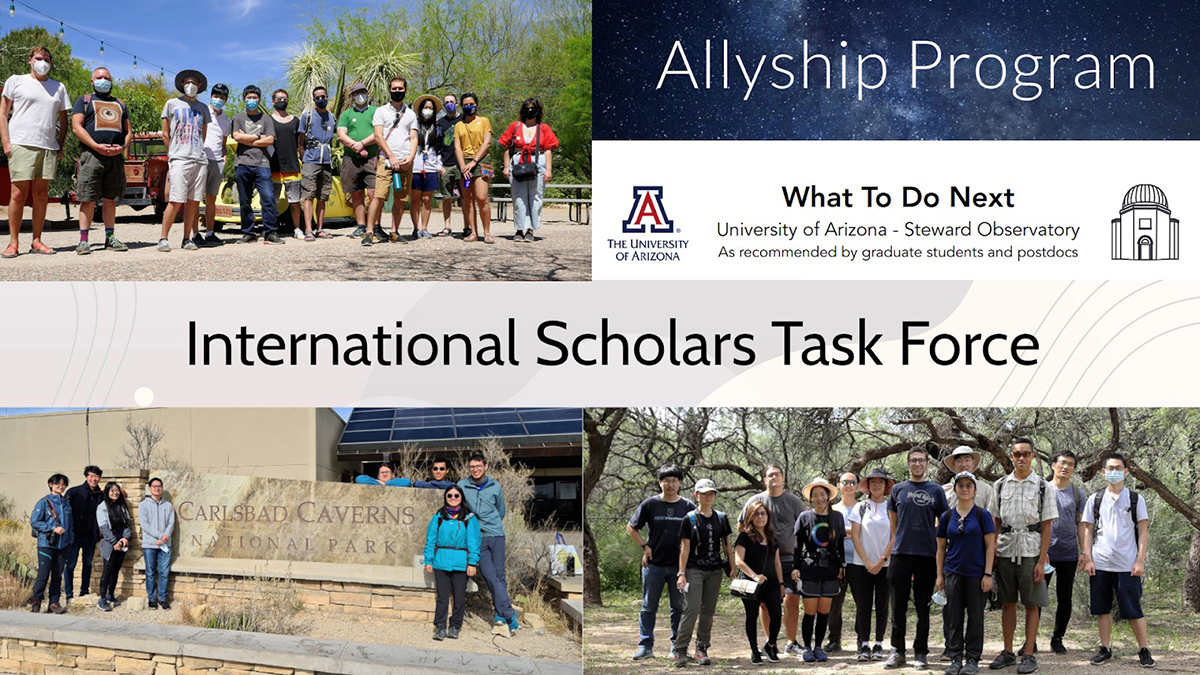
SODEI International Scholars Task Force
TIMESTEP: Tucson Initiative for Minority Engagement in Science and TEchnology Program
https://lavinia.as.arizona.edu/~timestep/
TIMESTEP is a bi-weekly discussion group about topics of professional development for undergraduates in STEM fields at U. Arizona. Meetings are open to all students, with programming designed to supporting student retention and graduation.
Contact: Gurtina Besla (timestepUA@gmail.com)
https://www.as.arizona.edu/gems-group
GEMS (formerly Tucson Women in Astronomy) is a group for students and postdocs to socialize, network, and discuss the challenges and opportunities that arise from being gender minorities in STEM.
Contact: Karen Olsen (karenolsen@email.arizona.edu)
UA Native American Student Mentor Program
http://mips.as.arizona.edu/~cwilliams/outreach.html
STEM mentoring between UA Native American STEM students and high school students participating in the MESCIT program.
Contact: Christina Williams (ccwilliams@email.arizona.edu)
Warrior-Scholar Project (UA Branch)
https://www.warrior-scholar.org/
The Warrior-Scholar Project is a college transition program for veterans. At UA, it is an intensive two-week program covering both humanities and STEM fields, giving veterans an immersive experience of college classes and research, as well as giving them a support network to help promote success in their college careers.
Contact: Ana Vidal (avidal@warrior-scholar.org)
Steward 2021 Team: Nathan Smith, Yancy Shirley
Photo by: Stephen Westby
Women in STEM Student Council
Women in STEM Student Council (WiSSC) is committed to the recruitment, retention, and graduation of female-identifying STEM students at UA through university wide programming, support of STEM student organizations, and policy change. With the Women in Science and Engineering (WISE) program, WiSSC runs a university wide mentorship program, connecting students with industry leaders, faculty and alumni.
Council Members from Steward: Jane Bright, Allie Hughes
Faculty Sponsor: Gurtina Besla
Women in STEM Faculty Mentors: Ann Zabludoff
External Programs Supported by Members of Steward Observatory
IAU School for Young Astronomers
https://www.iau.org/education/school_for_young_astronomers/
The International School for Young Astronomers (ISYA) is the flagship IAU educational program targeting astronomy students in the developing world.
Steward Lecturers 42nd Meeting: Xiaohui Fan
IF/THEN AAAS Ambassadors
https://www.aaas.org/news/125-women-stem-selected-aaas-ifthen-ambassadors
The AAAS IF/THEN Ambassadors program brings together 100 women from a variety of science, technology, engineering, and mathematics careers to serve as high-profile role models for middle school girls.
UA Role Models: Erika Hamden, Burcin Mutlu-Pakdil
Prison Education Project
https://english.arizona.edu/prison-education-project
The Prison Education Project is an initiative of the UA Department of English to teach in the local state prison system.
Steward Lecturers: Ed Prather and Charity Woodrum
StemTaught Foundation
The StemTaught Foundation is dedicated to bringing hands-on STEM to elementary school classrooms. They design STEM labs according to the Next Generation Science Standard that are accompanied by a journal-like article written by real scientists and engineers about the topic. Then they go into schools to teach the classes and train teachers on the material.
Contact: Stephanie Meyen (smeyen@email.arizona.edu)
The Supernova Foundation
https://supernovafoundation.org/
The Supernova Foundation is a mentorship network designed to inspire and encourage young women to pursue careers in Physics.
UA Mentor: Vivian Miranda
Women in Data Science Conference
https://datascience.arizona.edu/news/2019/02/women-data-science-tucson-regional-event
The Women in Data Science (WiDS) initiative aims to inspire and educate data scientists worldwide, regardless of gender, and support women in the field.
UA Panelists: Ann Zabludoff
Women in Science and Engineering Excellence Banquet & Launching your Career Symposium
https://wise.arizona.edu/see-banquet
The Women in Science & Engineering banquet celebrates women in STEM and efforts to diversify STEM fields. The Launching Your Career Symposium is an all-day professional development and networking event targeting female students, post-doctoral scholars, and early career professionals in STEM fields from around the UA and the greater Tucson community.
Steward Key Note Speakers 2020: Feryal Ozel
Steward Panelists 2019: Gurtina Besla, Erika Hamden
Steward Panelists 2018: Gurtina Besla

For Public
Public events include our Monday Night Lecture Series, world-reknowned Astronomy Camp and Mt Lemmon Sky Center.

For Students
A good place to start if you want to become an undergrad major or grad student, or need to find our schedule of classes.

For Scientists
Find telescopes and instruments, telescope time applications, staff and mountain contacts, and faculty and staff scientific interests.



